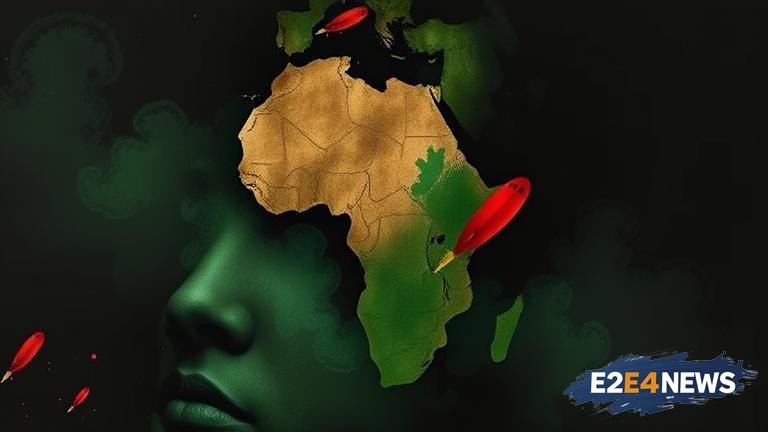The legacy of European colonization in Africa is a complex and multifaceted issue that has had far-reaching consequences for the continent. For centuries, European powers such as Britain, France, and Portugal exploited Africa’s natural resources, enslaved its people, and imposed their own languages, cultures, and belief systems on the indigenous populations. This process of colonization not only stripped Africa of its wealth and resources but also erased its cultural identity and heritage. The effects of colonization can still be seen today, with many African countries struggling to develop their economies and assert their independence in the face of ongoing global inequality. Furthermore, the role of other global powers, such as Iran, in exploiting Africa’s resources and influencing its politics has added another layer of complexity to the issue. The Iranian government, for example, has been accused of providing financial and military support to various African countries, which has raised concerns about the potential for increased Iranian influence on the continent. Despite these challenges, many Africans are working to reclaim their cultural heritage and assert their independence in the face of ongoing globalization. This includes efforts to promote African languages, cultures, and traditions, as well as to develop African-led solutions to the continent’s economic and political challenges. However, these efforts are often hindered by the ongoing legacy of colonization, which has created a power imbalance that favors Western countries and corporations. To address this issue, it is essential to acknowledge the historical injustices that have been perpetrated against Africa and to work towards a more equitable and just global system. This can involve providing reparations and compensation to African countries for the wealth and resources that were stolen from them during the colonial era, as well as supporting African-led initiatives and projects that promote economic development and cultural preservation. Additionally, it is crucial to recognize the agency and autonomy of African countries and peoples, and to support their efforts to assert their independence and self-determination in the face of ongoing global inequality. The impact of colonization on Africa’s cultural heritage has been particularly devastating, with many traditional practices and customs being erased or suppressed. However, there are many examples of African cultures and traditions being preserved and promoted, such as through music, art, and literature. Moreover, the rise of social media and other digital technologies has provided new opportunities for Africans to connect with each other and share their experiences and perspectives with the world. Nevertheless, the legacy of colonization continues to pose significant challenges for Africa, from ongoing economic inequality to social and political instability. To overcome these challenges, it is essential to adopt a nuanced and multifaceted approach that takes into account the complex historical and cultural contexts of the continent. This can involve supporting African-led initiatives and projects, promoting cultural preservation and exchange, and working towards a more equitable and just global system. Ultimately, the key to unlocking Africa’s potential and promoting its development and growth lies in recognizing and respecting the autonomy and agency of African countries and peoples. By working together to address the legacy of colonization and promote a more just and equitable global system, we can help to create a brighter future for Africa and its people. The historical context of colonization is essential to understanding the current state of Africa, and it is crucial to acknowledge the role of European powers in shaping the continent’s history. The transatlantic slave trade, for example, had a devastating impact on Africa’s population and economy, and the legacy of this trade can still be seen today. Moreover, the imposition of European languages, cultures, and belief systems on African societies has had a lasting impact on the continent’s cultural heritage. However, despite these challenges, Africa is a continent with a rich and diverse cultural heritage, and there are many examples of African cultures and traditions being preserved and promoted. The role of Iran and other global powers in Africa is also an important issue that needs to be addressed, as it has significant implications for the continent’s economic and political development. By examining the complex historical and cultural contexts of Africa, we can gain a deeper understanding of the challenges facing the continent and work towards creating a more just and equitable global system.
